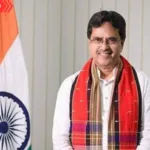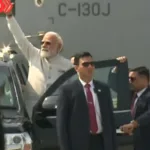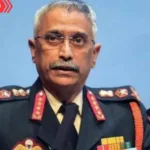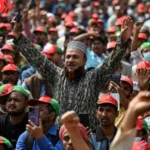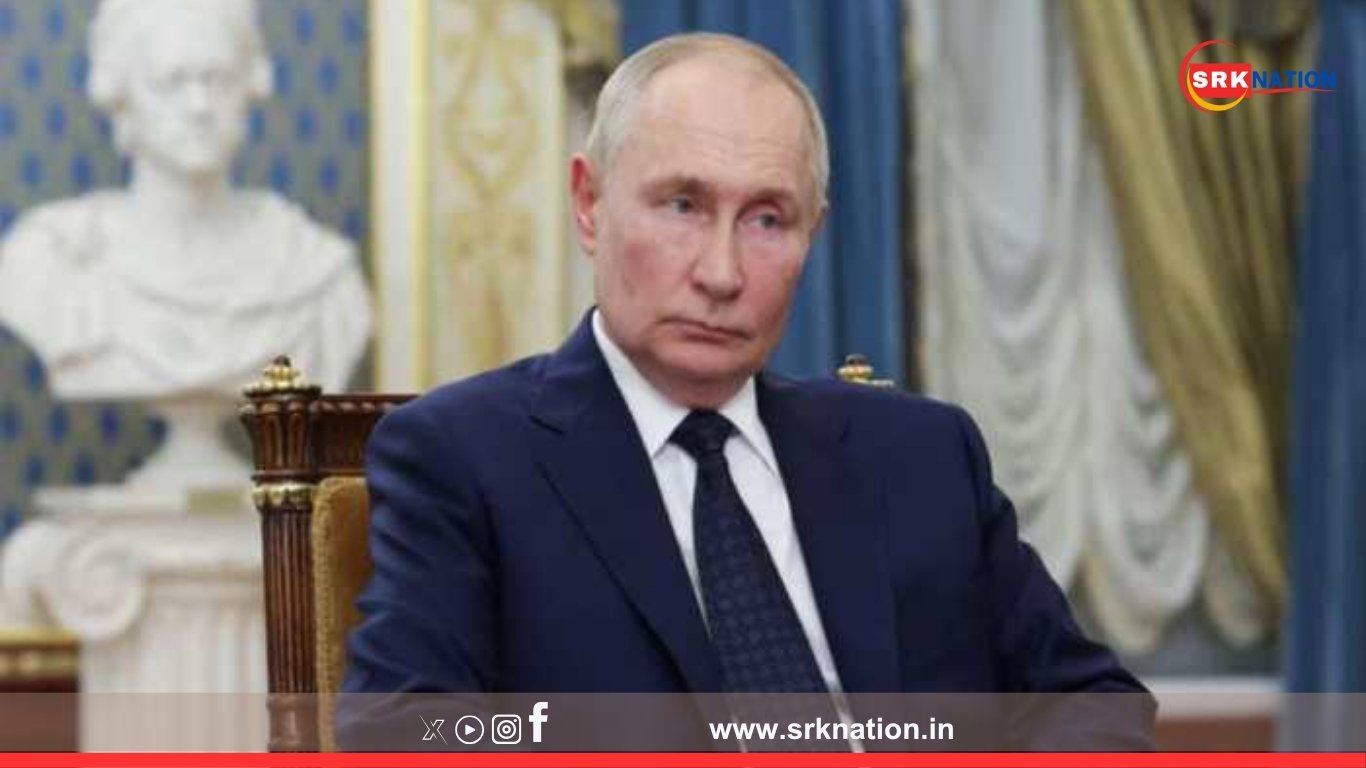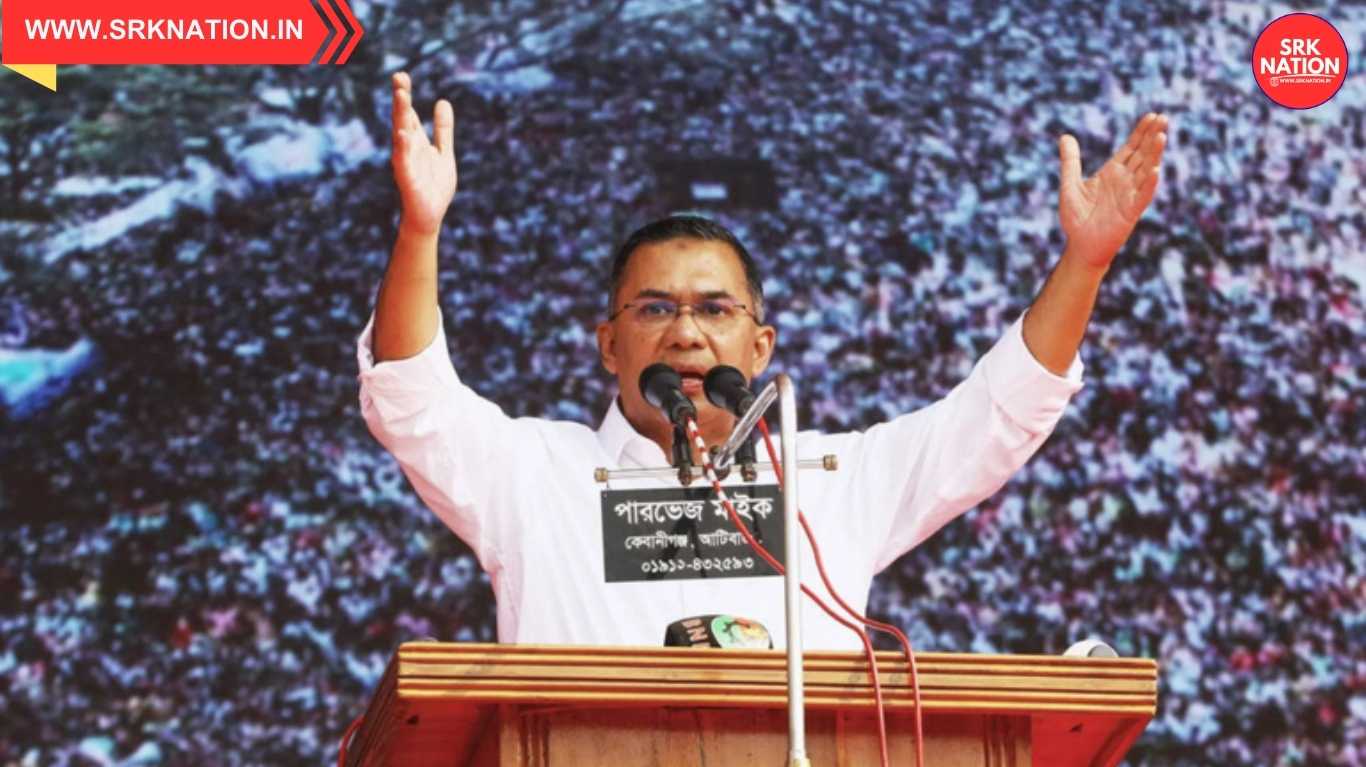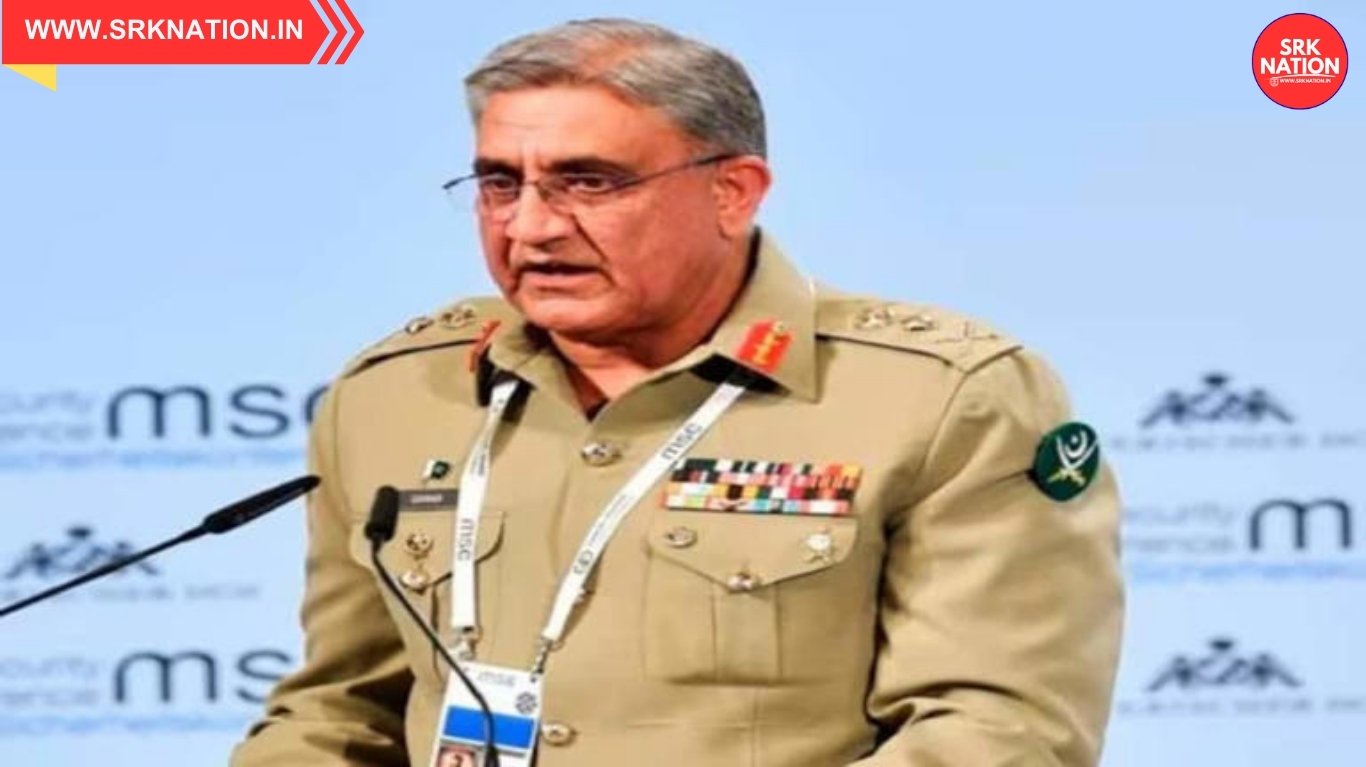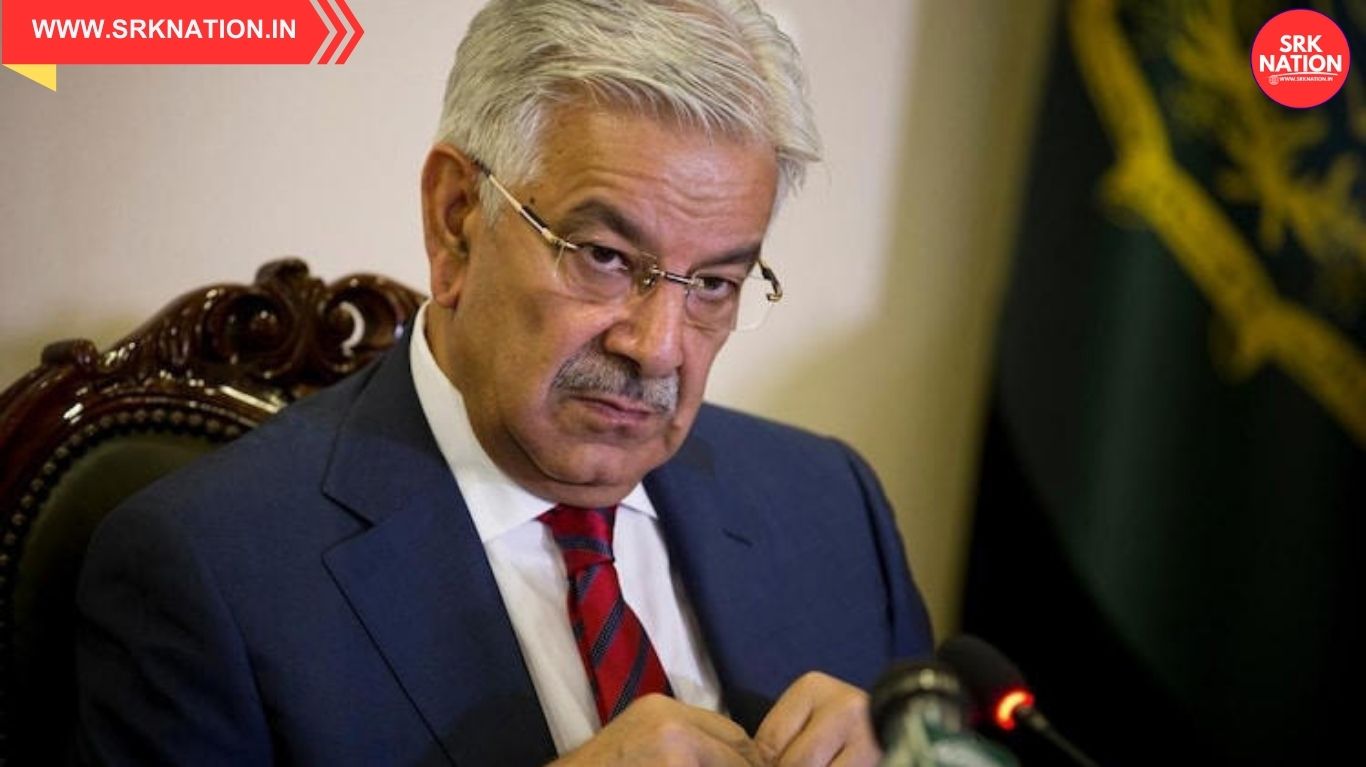As the Russia-Ukraine war enters its third year, strategic analysts are drawing parallels between Moscow’s deepening quagmire in Ukraine and the Soviet Union’s disastrous campaign in Afghanistan (1979-1989). President Vladimir Putin, once perceived as a master of geopolitical manoeuvring, is witnessing an unprecedented erosion of Russia’s global influence as traditional allies reconsider their ties, driven by economic pain, diplomatic isolation, and rising domestic pressures.
Ukraine: Russia’s Modern Afghanistan?
The Soviet invasion of Afghanistan in 1979 intended to establish control over a neighbouring regime, but it drained Moscow’s finances, morale, and military strength, contributing significantly to the USSR’s eventual collapse. Analysts now argue Ukraine risks becoming Putin’s Afghanistan moment, citing:
- Prolonged conflict with no decisive victory despite superior initial firepower.
- Rising casualties, with leaked Western intelligence suggesting over 100,000 Russian military fatalities and injuries.
- Depleted resources due to international sanctions, costly battlefield losses, and growing domestic dissent over economic hardships.
Strategic Stalemate and Battlefield Losses
Recent battlefield developments illustrate the stalemate:
- Ukrainian forces continue counter-offensives in the Donetsk and Zaporizhzhia sectors, regaining strategic villages despite heavy Russian artillery.
- The drone strike campaign has expanded to deep Russian cities, oil refineries, and military facilities, exposing vulnerabilities within Russian air defences.
- Russia’s attempts to mobilise additional troops have faced public resistance, particularly among ethnic minorities and rural regions, mirroring Soviet difficulties in sustaining troop levels during the Afghan war.
Allies Distancing from Moscow
The war’s prolongation and Western sanctions have catalysed a silent drift away by Russia’s traditional partners:
- China: While Beijing maintains rhetorical neutrality, it has quietly reduced energy investments in Russia and refrained from providing lethal weaponry, wary of secondary sanctions jeopardising its global trade.
- Central Asian States: Nations like Kazakhstan and Uzbekistan have refused to support the invasion narrative, instead strengthening ties with Europe and the US to counterbalance Russian dominance.
- India: Though not condemning Russia outright, New Delhi has significantly diversified oil imports towards the Gulf and Africa, while accelerating defence procurement deals with Western allies amid CAATSA waiver uncertainties.
- Iran and North Korea: Remain aligned with Russia but are resource-constrained partners, unable to provide meaningful economic relief.
Economic Toll: Sanctions Bite Deeper
The Russian economy, projected to contract by 2.5% this fiscal despite oil revenues, is experiencing:
- Ruble volatility against major currencies.
- Exodus of foreign companies, with over 1,200 Western firms exiting since February 2022.
- Technology and manufacturing disruptions due to lack of semiconductor imports, hampering both civilian and military production.
Public Sentiment and Domestic Challenges
Recent independent polling (Levada Centre) indicates:
- Support for the war has fallen below 50%, especially among urban youth facing job losses and travel restrictions.
- Conscription avoidance is at record highs, with thousands attempting to leave the country or seek deferrals on health and academic grounds.
Protests remain heavily suppressed, but analysts warn latent discontent could manifest as economic distress deepens.
Military Modernisation Setbacks
The war has exposed structural weaknesses in Russia’s military, including:
- Outdated logistics and command systems, with heavy reliance on Soviet-era tactics.
- Depletion of precision missile stocks, forcing use of less accurate munitions against Ukrainian infrastructure.
- Rising dependency on Iranian drones and North Korean artillery shells, highlighting domestic production constraints.
Western and NATO Strategy
NATO allies continue ramping up Ukraine’s defence capabilities:
- Recent US-EU military aid packages exceed $150 billion cumulatively, including tanks, air defence systems, and long-range missiles.
- Training programs in Germany, Poland, and the UK are producing battle-ready Ukrainian brigades to sustain counteroffensives.
Putin’s Diplomatic Isolation
Internationally, Russia’s credibility is waning:
| Region | Recent Developments |
|---|---|
| Africa | Moscow retains ties via Wagner mercenaries but struggles to deliver economic commitments post-Prigozhin era. |
| Middle East | Israel, Saudi Arabia, and the UAE maintain guarded ties, wary of Russia’s Iran alignment. |
| East Asia | Japan and South Korea have imposed stricter sanctions and intelligence sharing with NATO on Russian activities. |
| Europe | Complete energy decoupling achieved by EU, with LNG imports from the US and Qatar replacing Russian gas flows. |
What Lies Ahead?
Experts warn that prolonged attrition warfare in Ukraine, coupled with global diplomatic isolation, risks turning Russia into a pariah state with declining economic and military leverage. Former US National Security Advisor H.R. McMaster noted:
“Ukraine is Putin’s Afghanistan. The strategic miscalculation has not only diminished Russia’s power but has united the West in unprecedented ways.”
Conclusion
As Russia digs deeper into a costly conflict with no near-term resolution, Putin’s global world order ambitions appear to be shrinking rapidly. With allies hedging, economic pressure intensifying, and the battlefield situation static at best, the war in Ukraine may well become the defining misadventure of his presidency, echoing the lessons of Afghanistan four decades ago.
Disclaimer: This analysis is based on open-source intelligence, expert commentary, and global diplomatic statements as of July 2025. Readers are advised to follow official government and military briefings for verified battlefield updates.


